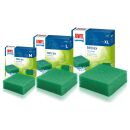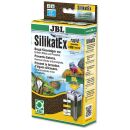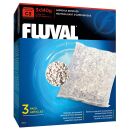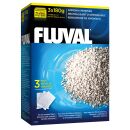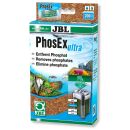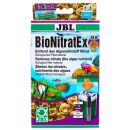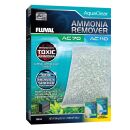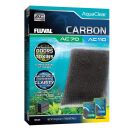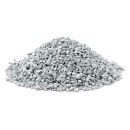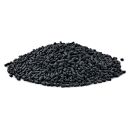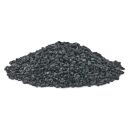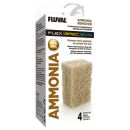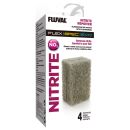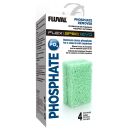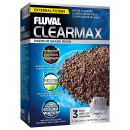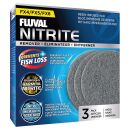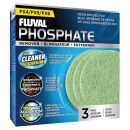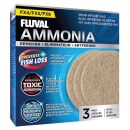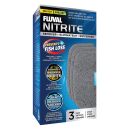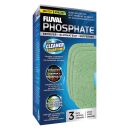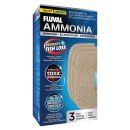Chemical filter media for the aquarium: professional water purification
The quality of the water in an aquarium is crucial for the well-being of the fish and aquatic plants. This is where chemical filter media come into play, offering an efficient method of water purification. This article explains how chemical filter media works and why it is invaluable in an aquarium.
What is chemical filter media?
Chemical filter media are special materials used in the aquarium filter to remove impurities and unwanted chemicals such as chlorine from the water. Chemical filter media can also be used to specifically limit the concentration of substances such as nitrate, or phosphate.
Roughly, chemical filter media can be classified as zeolites, activated carbon, peat and absorbers.
Zeolite is a collective term for crystalline aluminosilicates. They have the property of acting as ion exchangers, which means nothing other than that they can exchange unwanted nitrates and phosphates for less harmful substances. However, the material must be replaced or regenerated after a certain period of time. Special regeneration salts are necessary for this.
Activated carbon is a porous and fine-grained carbon and is also used in drinking water treatment. The starting product is natural hard coal or lignite. Through various chemical processes, the surface of the carbon is enlarged many times over. The inner surface area and the associated adsorption capacity varies between 300 and 2.000 m2/g, depending on the manufacturer. For comparison: 4 g of activated carbon have on average the approximate surface area of a football field. Therefore, it has the potential to filter a variety of different substances from the aquarium water. Medication residues, toxins or dyes and sometimes even heavy metals are reliably removed. Since the unwanted substances adhere to the surface of the activated carbon, it is necessary to replace the activated carbon after a period of time specified by the manufacturer. Otherwise, the absorbed pollutants will get back into the aquarium water.
Peat softens the aquarium water by lowering the pH value. At the same time, humic substances and humic acids are introduced into the water. For very pH-sensitive animals, lowering the pH can have positive effects. However, filtering with peat should only be used very carefully. Large quantities of humic substances have a preservative effect and considerably influence the settlement and activity of microorganisms.
Absorbers can be used specifically to absorb nitrate, nitrite, ammonium or ammonia as well as phosphate. The filter medium is thereby enriched with the undesirable substances and must be regenerated or replaced depending on the manufacturer's instructions.
Conclusion:
Chemical filter media are an indispensable component of an efficient aquarium filter. They provide an effective method of removing pollutants and unwanted chemicals from the water, resulting in a healthy environment for fish and plants.

